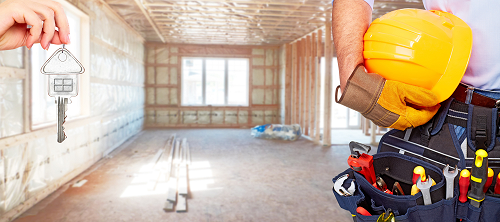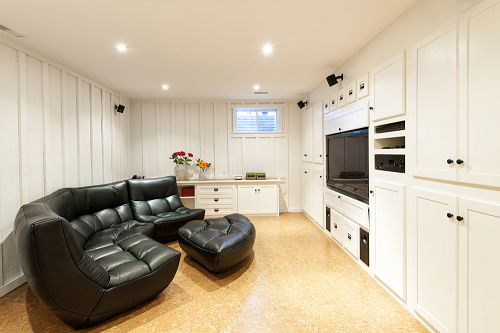Like most people, you probably keep tabs on your cheque account just to be up to date with the balance. If you are an investor, I bet you monitor your investment accounts closely, too. But can you say the same of your home? Do you know its current worth?
Just a few years ago, Business Insider reported that a reasonably huge number of Americans were clueless about their home’s value; a situation that may not reflect well on you as homeowner or property investor.

In some countries, like Canada, homeowners are lucky to have services that allow them to estimate the worth of their home. Nevertheless, since it’s probably the single-most biggest investment you will ever make, it would be of great help to you to know its worth and, most importantly, things that can raise lower its value, which is what we’ll look at today.
1. Proximity to Power Lines/Plants
Even though they play a significant role in our lives; i.e., fetching electricity to our homes, power lines can also be a problem, particularly if they are close to your property.
A study done in England and Wales to determine the relationship between high voltage power lines and childhood cancer found that the later had a role in the occurrence of the aforementioned disease. Yet that’s not the only negative effect of living close to power lines/plants.
Some people hate the fact that such installations are imposing and unattractive. When you add the associated health effects, from cancer and headaches to insomnia, anxiety, muscle pain, and rashes, this can easily make your home unattractive and negatively affect its value.
One way to minimize the effects of power lines and plants is to use building materials that reduce exposure. To learn more, consult with a construction expert.
2. Unnecessary Renovations

The changes you make to your home that are either untypical for your neighborhood or require additional upkeep could negatively impact your home’s value. For example, installing a pool in a colder climate while none of the homes in your neighborhood have one can make your property less desirable.
The same applies to things like large fountains, exotic gardens, and sophisticated landscaping, unless it’s a luxurious neighborhood. But if it’s not, a middle-class homeowner will consider such additions extra work, a fact that can make your home a hard sell and eventually lower its value.
So, before making renovations, take time to learn of upgrades that can hurt your property’s value.
3. Personalizing Your Interior Design
A common mistake homeowners and property investors make is that they focus on the exterior a lot, forgetting that the interior equally matters.

We all have unique tastes and preferences and, so, if your home’s color, wall, décor, and other aspects of your interior design are personalized, that could be the reason buyers are staying away from it or quoting lower prices because of the major renovation works they anticipate. Bear in mind that what looks attractive to you may not really appear the same to another person.
Therefore, when planning to sell your home, make the design neutral and simple such that the buyer can easily visualize how they would like the home to look.
Also worth mentioning is that interior designs are hardly constant. While there are timeless designs trends that refuse to go away, trendy designs continue to emerge year after year. Striking a balance between the two can help to meet buyers halfway or open room for more discussion, as opposed to leaning on one side and turning away the other half.
4. Being Nearby Landfill Sites
Landfill sites can drag down your home’s value as well. How much harm it does will, however, depend on how close it is to the home and its size. For many, the noise, dust, vermin, and smell from such sites are a nuisance.
If your neighbourhood faces such a situation, it would be great for all of you to come together as homeowners and approach the environment protection agency in your area for a solution. In countries like the US, there are initiatives designed to make older or abandoned landfill sites conform to current standards.
5. Hoarders And Untidy Neighbors
If you have hoarder neighbors, that can easily be the reason your home’s value is low. In case you didn’t know, a hoarding house can be a serious fire hazard. Also, the rotting trash inside it can be a huge attraction for insects and rodents.
Such safety and health concerns, in addition to overgrown yards, clutter, peeling paint and the like in your neighbors’ homes can lower your property’s value and even turn off potential buyers. Fortunately, there are a number of solutions to this.
Final Thoughts
There’s no doubt that there are way more things that could lower your home’s value, besides what we’ve mentioned. However, these five are quite common and carry a large impact. Some, like being close to power lines/plants or landfill sites may appear unsolvable, but don’t let that discourage you.
It would actually be great if you schedule an appointment with a competent property management firm as their experts can suggest ideas and solutions that can help you turn things around.
Author Bio:
Sabine Ghali is Director at Buttonwood Property Management, a property management company in Toronto. She is an entrepreneur at heart who endeavors to help investors create real estate wealth over time in the Greater Toronto Area. Sabine is published in a number of media outlets, including Toronto Sun and Gulf News, among many others.
